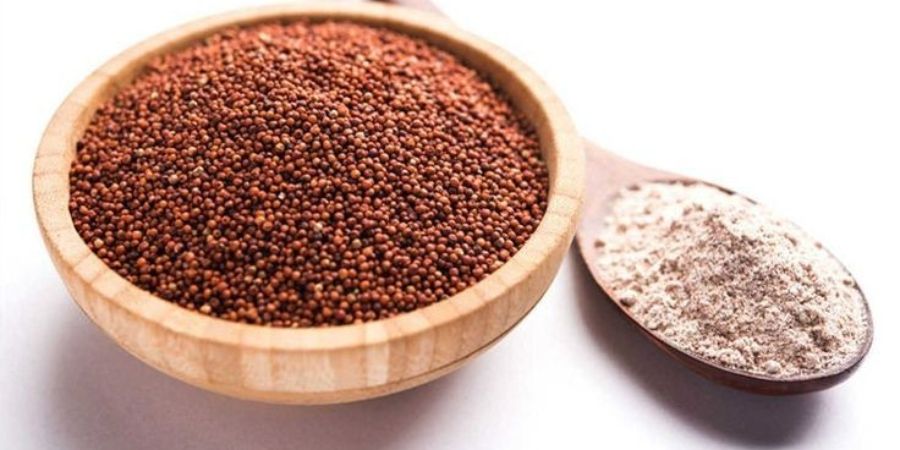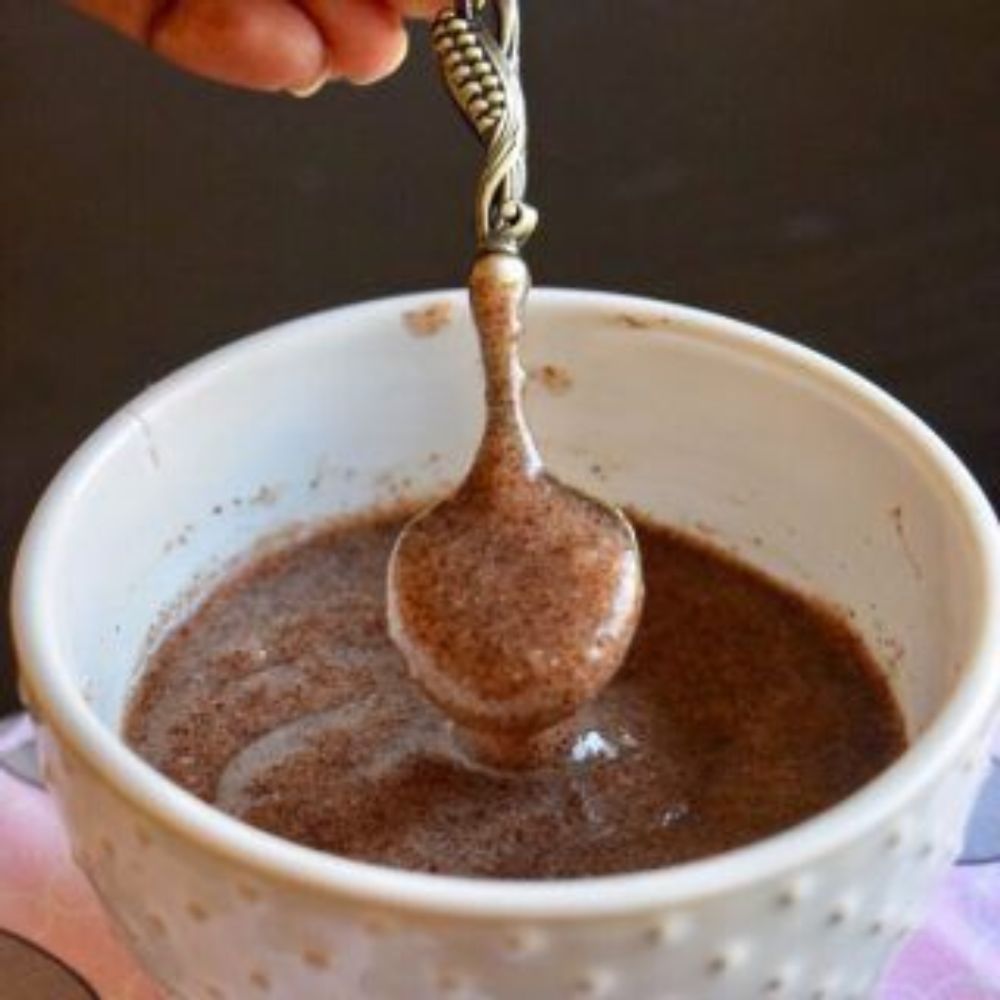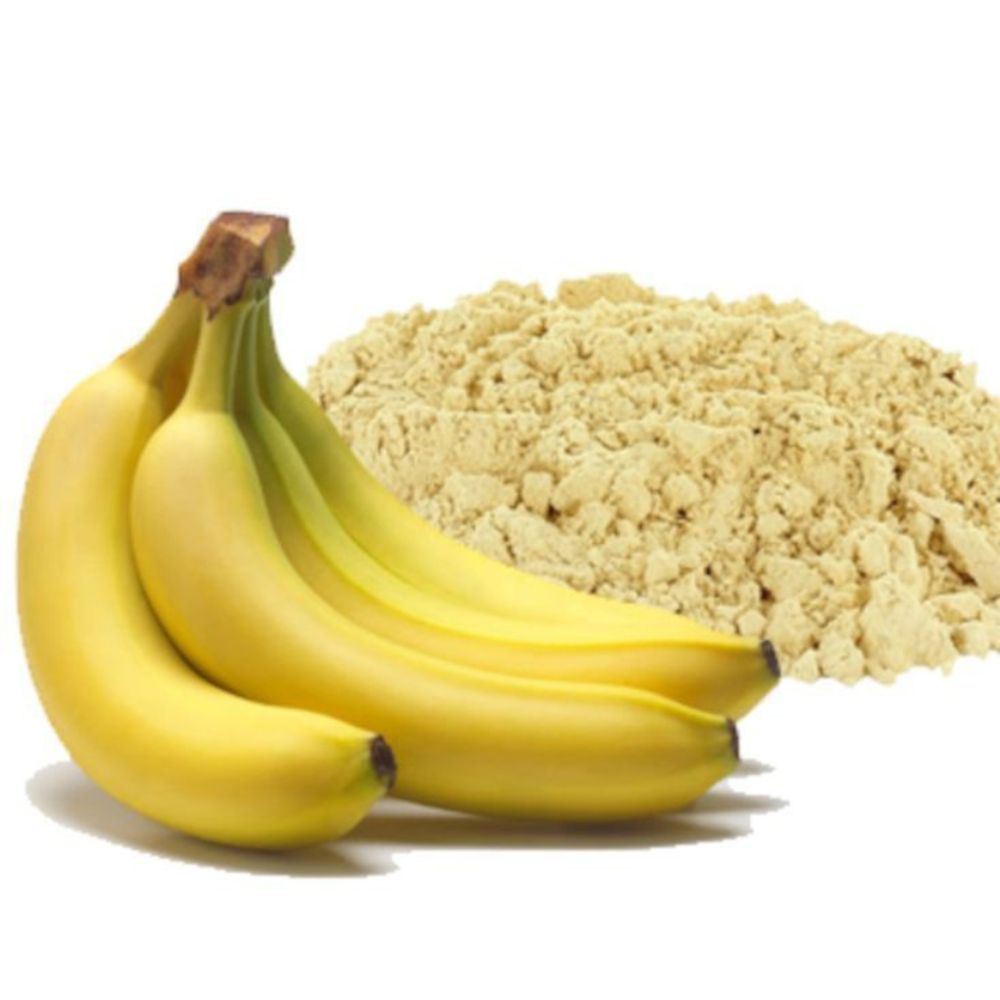

Ragi (finger millet) and banana powder are two ingredients that are commonly introduced in baby food for their nutritional benefits and suitability for infants. These ingredients provide a range of essential nutrients that support healthy growth and development in babies. In this response, we will explore the reasons behind the inclusion of ragi and banana powder in baby food and discuss their nutritional properties.
Ragi, a gluten-free cereal grain, is known for its high nutritional value. It is rich in dietary fiber, which aids digestion and prevents constipation in babies. The fiber content also helps in maintaining healthy weight as it promotes a feeling of fullness, reducing the chances of overeating. Ragi is also an excellent source of calcium, which is crucial for the development of strong bones and teeth. Calcium is particularly important during the early stages of life when bone growth is rapid. By incorporating ragi into baby food, infants can receive a natural and easily digestible source of calcium.

Furthermore, ragi is abundant in iron, an essential mineral that is vital for the production of hemoglobin in red blood cells. Iron plays a crucial role in transporting oxygen throughout the body and supporting brain development. By introducing ragi in baby food, infants can obtain an additional source of iron, especially when breast milk or formula alone may not provide sufficient amounts. This is particularly important as iron deficiency is one of the most common nutritional deficiencies in infants and can lead to developmental delays and impaired cognitive function.
Banana powder is another ingredient commonly added to baby food due to its numerous health benefits. Bananas are highly nutritious fruits that are easily digestible and gentle on a baby's sensitive stomach. They are an excellent source of potassium, an electrolyte that helps maintain proper fluid balance, nerve function, and muscle contractions. Potassium is essential for the healthy functioning of the heart, making banana powder a valuable addition to baby food.

In addition to potassium, bananas are packed with essential vitamins and minerals, including vitamin C, vitamin B6, and dietary fiber. Vitamin C acts as an antioxidant, strengthening the immune system and aiding in the absorption of iron. Vitamin B6 supports brain development and helps the body produce neurotransmitters. Dietary fiber in bananas aids in maintaining regular bowel movements and preventing constipation, which can be a common issue in babies.
Both ragi and banana powder are easily digestible, making them suitable for infants who are transitioning from a liquid-only diet to solid foods. These ingredients are also often used in the preparation of homemade baby food because they are readily available and easy to prepare.
It is important to note that while ragi and banana powder offer significant nutritional benefits, they should be introduced to babies gradually, in small quantities, and in consultation with a pediatrician. Every baby is different, and it is crucial to consider individual dietary requirements, allergies, and any potential reactions when introducing new foods.
Thank you for reading………
Vvjk………
